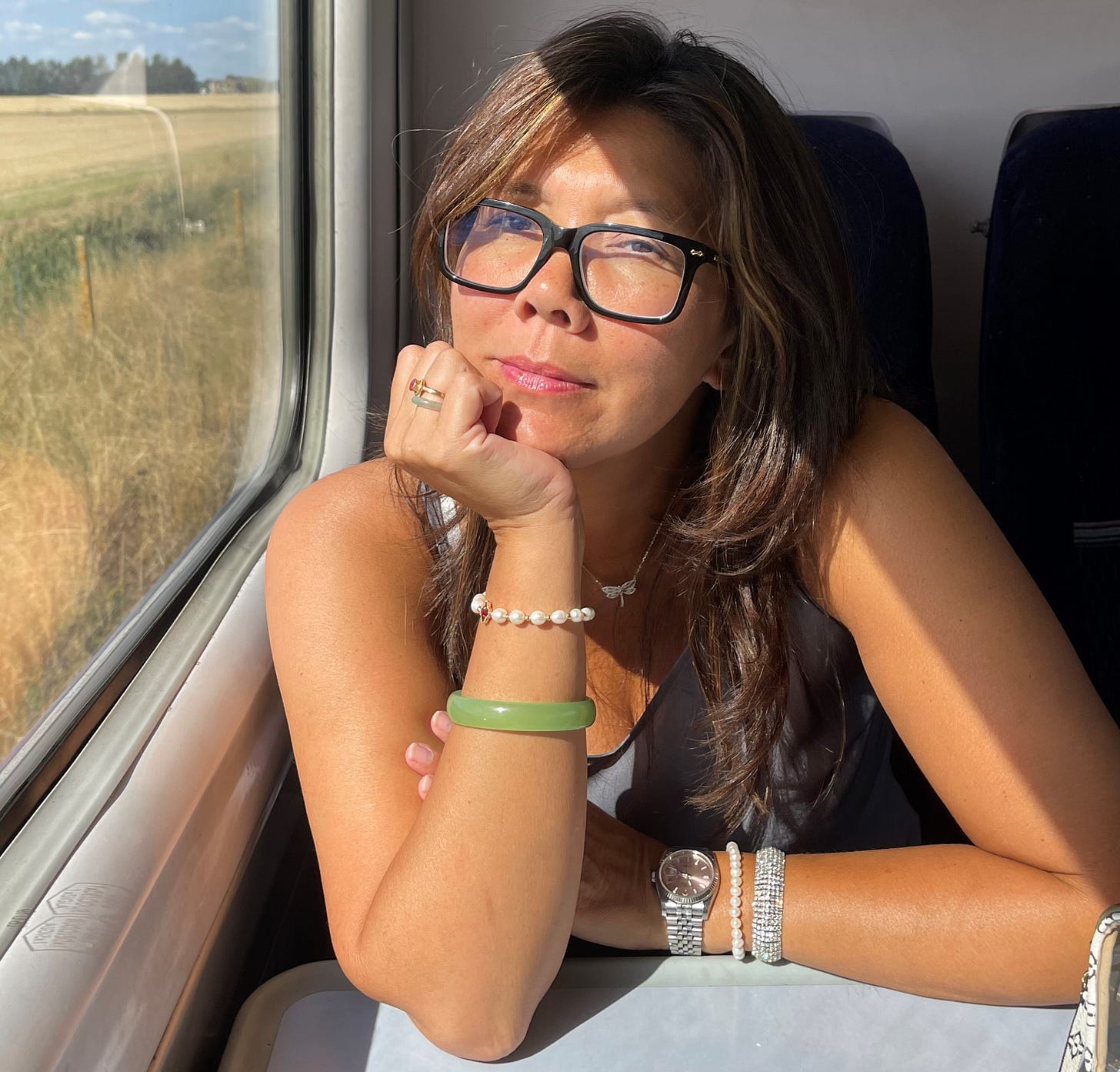Maxine Mei-Fung Chung: “I am my forebears and my ancestors”
The author on the longing for connection, intentionally seeking her culture and peripheral living
Hi, welcome back to Mixed Messages! This week I’m speaking to psychotherapist and author Maxine Mei-Fung Chung, who is of mixed Chinese and white British heritage. In her book, What Women Want: Conversations on Desire, Power, Love and Growth, Maxine shares an intimate examination of womanhood through sessions with her patients, from a bride-to-be strugg…


